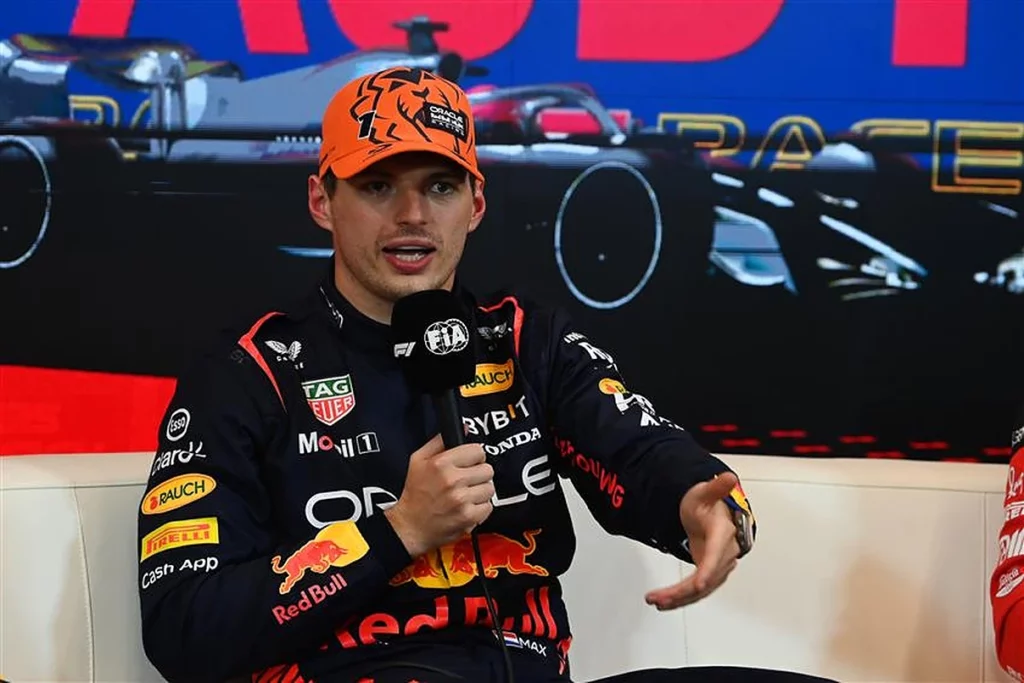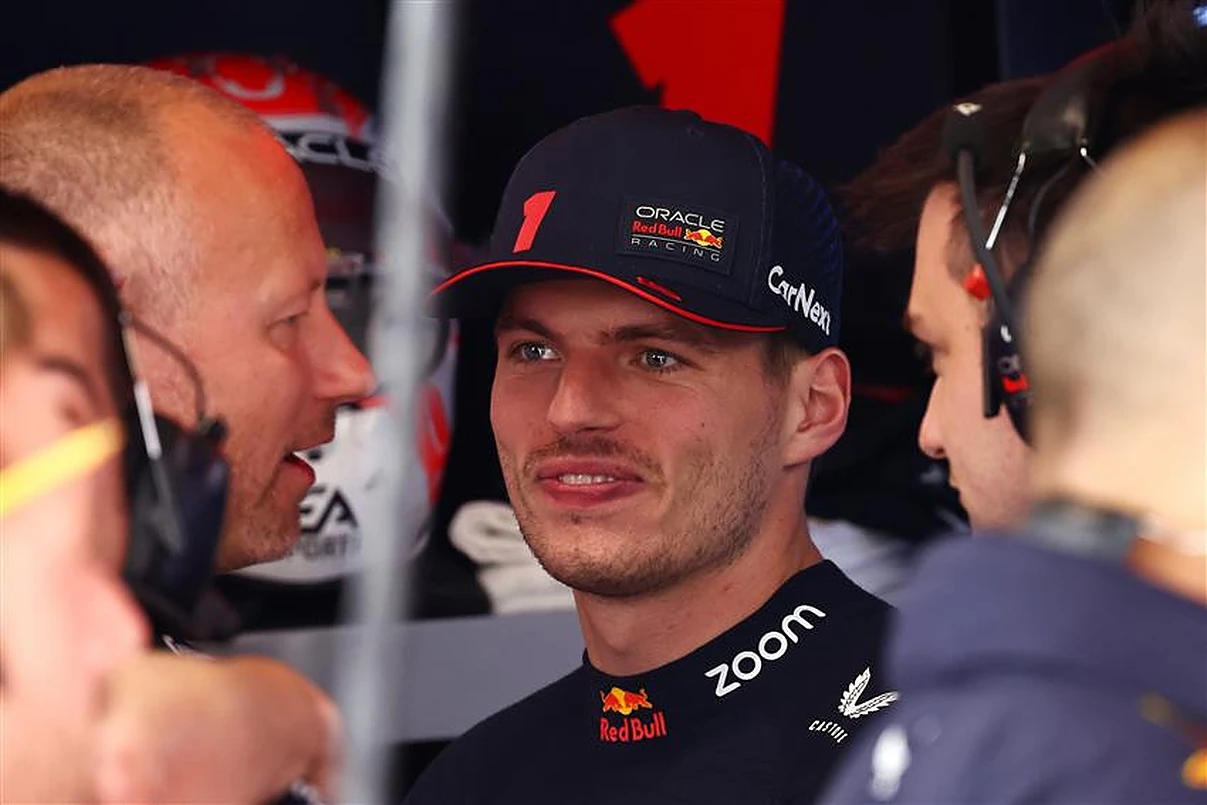In a recent development within the world of Formula 1, two-time world champion Max Verstappen has expressed apprehension regarding the proposed ban on tyre blankets for the 2024 season.
This initiative, spearheaded by Pirelli, the sport’s official tyre supplier, aims to enhance sustainability and reduce energy consumption during Grand Prix events.
Verstappen’s concerns stem from the potential risks associated with this ban, likening the outcome to “chewing gum” tyres that could adversely affect both safety and performance on the track.
The idea to eliminate tyre blankets gained momentum as a part of Formula 1’s ongoing commitment to adopting environmentally friendly practices.

Want to work in Formula 1? Browse the latest F1 job vacancies
By discontinuing the use of these blankets, the sport aspires to curtail energy-intensive processes and thereby reduce its carbon footprint. Pirelli, in collaboration with the FIA and teams, advocated for the ban as a proactive step toward a more sustainable future for motorsport.
Nonetheless, the proposal faced a significant setback during a recent session of the F1 Commission held at the Belgian Grand Prix.
Teams collectively decided to defer the implementation of the ban until at least 2025, casting doubt on the initial timeline for this transformative change.
The decision emerged amidst vocal concerns raised by drivers and teams regarding the potential drawbacks of such a move.
Verstappen voiced his reservations about the practical implications of racing without tyre blankets, emphasising the challenges of driving high-powered cars out of the pits under less-than-ideal track conditions.
In a statement to media outlets, Verstappen remarked, “I don’t think we should head in that direction because it is extremely difficult.”
He elaborated, “People probably don’t know how difficult it is to drive the car with a thousand horsepower out of the pits already, especially when the track is a bit slippery.”
Verstappen also challenged the effectiveness of the ban in terms of energy savings, comparing it to other energy-consuming practices within the paddock.
READ: Mercedes make huge decision which will influence Lewis Hamilton’s future
“It is not necessary, I don’t think it actually generates a lot of energy, the tyre blankets and I think an air conditioning unit generates more if you combine it across the whole paddock,” he asserted.
He further cautioned against potential negative impacts on racing dynamics and safety, explaining, “With the tyres, it can probably be made to work, but then they need to drop the working range as once you get up to temperature, the tyres will be like chewing gum and the pressures will go through the roof.”
Verstappen expressed his concern that the proposed change could hinder the excitement of racing, particularly during out-laps when warm tyres play a significant role in performance.

